A radical defense of the value of every human life
“Winton's Children”
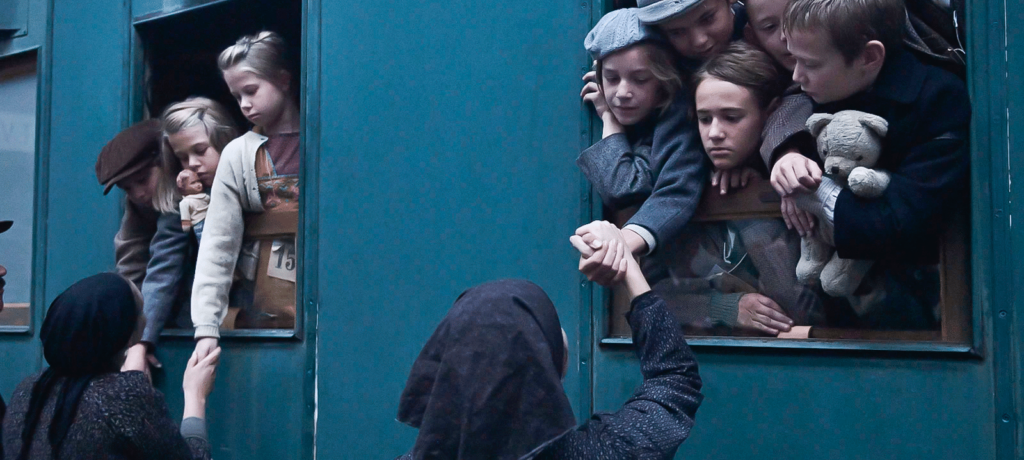
“Whoever saves a life, saves the world.” This Hebrew proverb from the Talmud guides the defense of human life made by the British filmmaker, James Hawes, in the film “Winton’s Children.” The film is based on the exploits of an ordinary citizen who saved 669 children from dying in Nazi camps, on the eve of Hitler’s invasion of Poland, starting World War II. The biography of Nicholas Winton is an example of decency, kindness and love of neighbor that invites us to overcome indolence in the face of the suffering of others, questions anti-life policies and puts before our eyes execrable events in our history that are repeated today.
Nicholas Winton (Anthony Hopkins), already in his eighties, keeps in one of the drawers of his office a brown briefcase that his wife Grete (Lena Olin) invites him to donate, convinced that such an action will put an end to incessant nights of insomnia and anxiety. But Nicholas refuses to part with a briefcase that he needs to bequeath, as he states, to those who know how to recognize its value because it is the testimony of “many stories that we need to learn from.” The portfolio contains the only evidence of facts that have remained anonymous for fifty years. It is an album with documents and passport-sized photographs of the faces of more than a thousand Czechoslovak children from the Sudetenland area. In 1938, that territory was the concession to Hitler of a weak and fragmented Europe that allowed its annexation to the Nazi regime in a failed attempt to avoid the invasion of Czechoslovakia and a second great war. However, that agreement with Hitler between the governments of Great Britain, France and Italy did not satisfy Nazi expansionism, nor did it prevent the war, but it did cause the first displacement of thousands of refugees to Prague, at that time, not yet occupied.
Then, a young British stockbroker, Nicky (Johnny Flynn), with a wealthy life, educated in deeply humanist values and involved in charitable organizations, travels at the request of his friend Martin Blake (Jonathan Pryce) to the refugee camps of Prague. Seeing with his own eyes the horrors and atrocities of the families crowded in inhumane conditions, outdoors, in the mud, without food and at the expense of the horror that was coming leads Nicholas to get involved in a heroic action that he wanted to leave in the most absolute anonymity. This, with the help of some members of the British committee for refugees from Czechoslovakia, found shelter in homes in England for 669 children, mostly of Jewish origin, who in all probability were going to die along with their families in the Nazi concentration camps.
Children of all ages entrusted to Winton by their parents took a two-day train trip with British visas. Babette (Helena Bonham), Nicholas’s mother, helped manage the documents, the financial donations of 50 pounds to guarantee the British government the cost of the return trip of each minor and to locate host families who were committed, without any profit motive, to care for and protect the children until they could be reunited with their original relatives. Nicky made the determination to save minors “of all faiths and none” out of a commitment to moral decency, kindness, and respect for human life that he considered typical of “ordinary people who would not tolerate something like that, if knew the truth.” His motto was: “If you believe something is possible, you should do it or at least try.”
However, what at the end of his life continued to torment Nicholas Winton and, in the middle of the night, led him to take the photo album out of his briefcase and look at the photographs of each child’s face with a magnifying glass, was the fateful memory about what happened with the ninth train and the tragic fate of the minors whom he could not rescue. On the day of departure of that convoy with another 250 children waiting to be welcomed by English families, Hitler invaded Poland and World War II broke out. Those minors and their parents ended up in the Nazi camps of Terezín, Auschwitz, Treblinka and Bergen-Belsen.
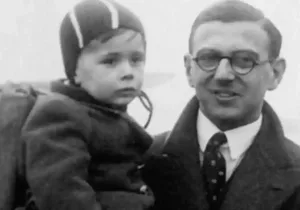 In the philosophy of Emmanuel Lévinas, the face of the other invites the renunciation of the self and opens a path of orientation and meaning, a place of ethics and humanism, which explains Winton’s call to responsibility for one’s neighbor as much as his lack of consolation for feeling that he had not been able to finish what he had started. Nicholas knew each of those little ones, he had photographed them himself, he knew their names, he had met them face to face and this implies a call to give of oneself and to serve others. “I have to keep my imagination at bay because otherwise I would have gone crazy,” he says in a scene in which someone asks him if he ever thinks about what happened to the children he couldn’t save. The encouragement of family and friends, inviting him to give fair value to his action with reasons based on the impossibility of saving all the creatures in those tragic circumstances, or that rescuing 669 was a miracle if one takes into account that only 200 of them 15,000 minors who survived the Nazi camps are not powerful enough to appease the protagonist’s internal pain.
In the philosophy of Emmanuel Lévinas, the face of the other invites the renunciation of the self and opens a path of orientation and meaning, a place of ethics and humanism, which explains Winton’s call to responsibility for one’s neighbor as much as his lack of consolation for feeling that he had not been able to finish what he had started. Nicholas knew each of those little ones, he had photographed them himself, he knew their names, he had met them face to face and this implies a call to give of oneself and to serve others. “I have to keep my imagination at bay because otherwise I would have gone crazy,” he says in a scene in which someone asks him if he ever thinks about what happened to the children he couldn’t save. The encouragement of family and friends, inviting him to give fair value to his action with reasons based on the impossibility of saving all the creatures in those tragic circumstances, or that rescuing 669 was a miracle if one takes into account that only 200 of them 15,000 minors who survived the Nazi camps are not powerful enough to appease the protagonist’s internal pain.
“Who saves a life, saves the world”
Just one unexpected event will not heal, but it will alleviate the infinite wound opened by the feeling of having failed in his commitment to his neighbor. Martin Blake, a witness to Winton’s feat, contacts a historian, married to the press magnate, Robert Maxwell, of British nationality and Czechoslovakian origin. One of its television networks manages to connect many of the children saved by Winton who, as adults, manage to express, in a personal way, their gratitude to the person who made it possible for them to unfold their lives and bring newness to the world with new births. This action becomes a reciprocal redemptive act: between those who felt guilt for having survived their relatives and, at the same time, needed to show gratitude for being alive, and Nicholas Winton himself who, at the end of his life, could experience a certain peace and prove the truth of the Hebrew proverb: “who saves one life, saves the world.” More than 6,000 people are currently alive thanks to that Prague rescue. The end of the film is very revealing in that sense. Winton, until his death at the age of 106, continued in contact with some whom he saved, and that album belongs to the collection of the Israel Holocaust Museum.
On the other hand, many of the scenes in the film echo current events. The expansionist desire of the Russian leader, Vladimir Putin, and the invasion of Ukraine are reminiscent of Hitler’s excessive ambition. According to UNHCR, there are 114 million refugees in the world. The atrocities that the camera of the filmmaker, James Hawes, captures of those refugees from the Sudetenland in Prague have their correlation in the images that reach us from Gaza or Ukraine. Identical horrors occur in other places in the world that have ceased to interest the media, but have not disappeared. Contributing to what is within our reach is the lesson of this story of courage and humanity, but also of restless hope of Nicholas Winton who was not a soldier, but an ordinary citizen, fighting for decency and compassion, something that says a lot about our individual choices and as a community.
The father of personalist bioethics, Elio Sgreccia, underlines the fundamental value of all human life, its inviolability and the obligation to respect and defend it as the first ethical imperative. Freedom is precisely taking responsibility for one’s own life and that of others as a personal and social good that challenges everyone in the face of different types of suppression such as wars, genocides, but be careful, also in the face of policies with labels of progressives who resort to euphemisms and reasons aimed at achieving consensus when what is really at stake is being able to decide which lives deserve or do not deserve to be lived. In “the dark night of the human,” said María Zambrano, there is only hope, the ultimate foundation of human life, that human beings recover the transcendent and spiritual dimension as a vehicle to enter into communion with the other.
Amparo Aygües – Master’s Degree in Bioethics from the Catholic University of Valencia – Collaborator of the Bioethics Observatory
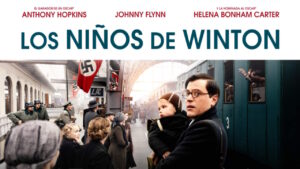
Related
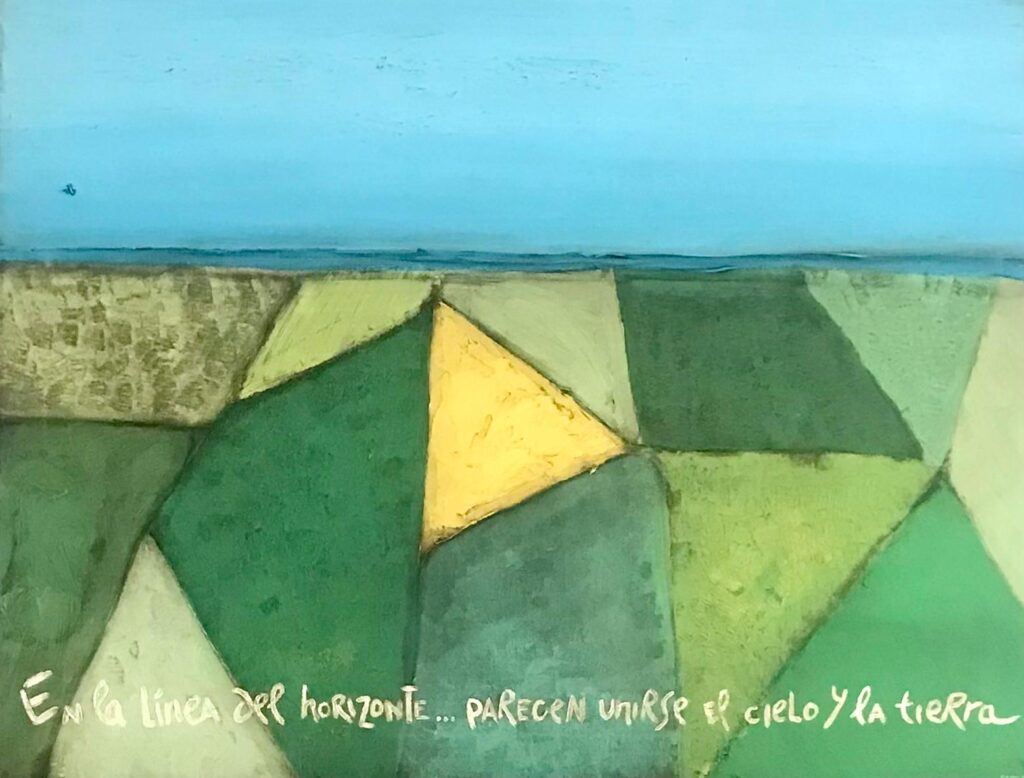
Emilio Girón: Stubbornness and Tinto de Verano
Exaudi Staff
30 March, 2025
5 min
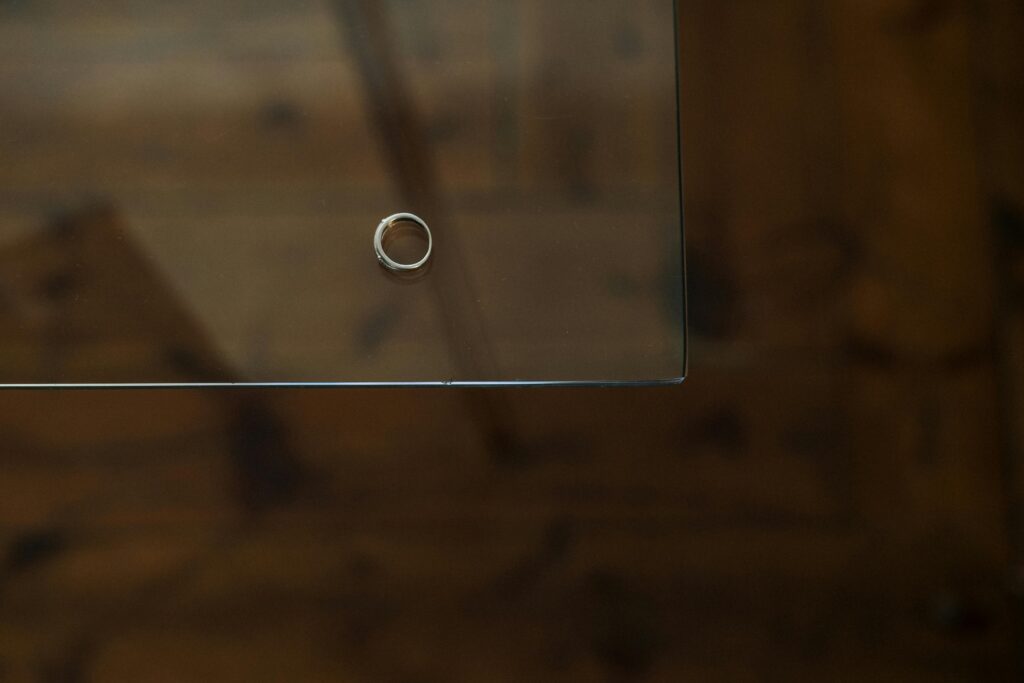
Facing Divorce as a Christian Couple
Laetare
28 March, 2025
2 min
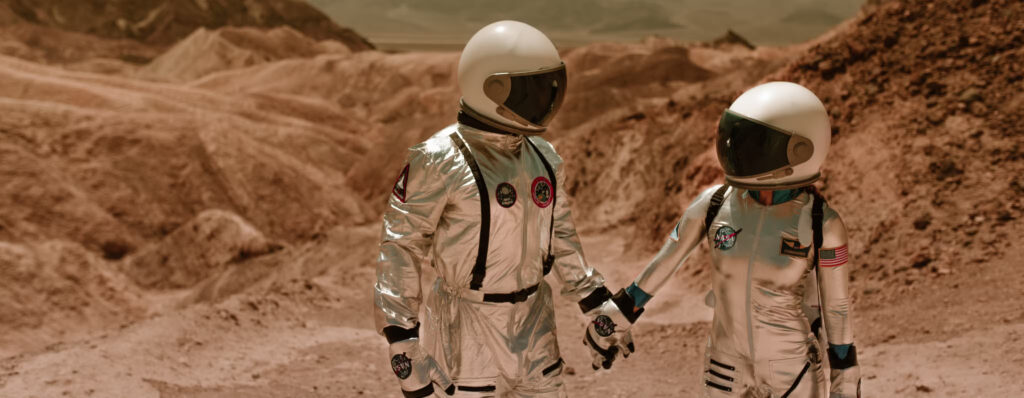
Mars Colonization: Technological Progress or Threat to Human Dignity?
Observatorio de Bioética UCV
28 March, 2025
9 min

The Good Smell of Coffee
Edistio Cámere
27 March, 2025
3 min
 (EN)
(EN)
 (ES)
(ES)
 (IT)
(IT)

